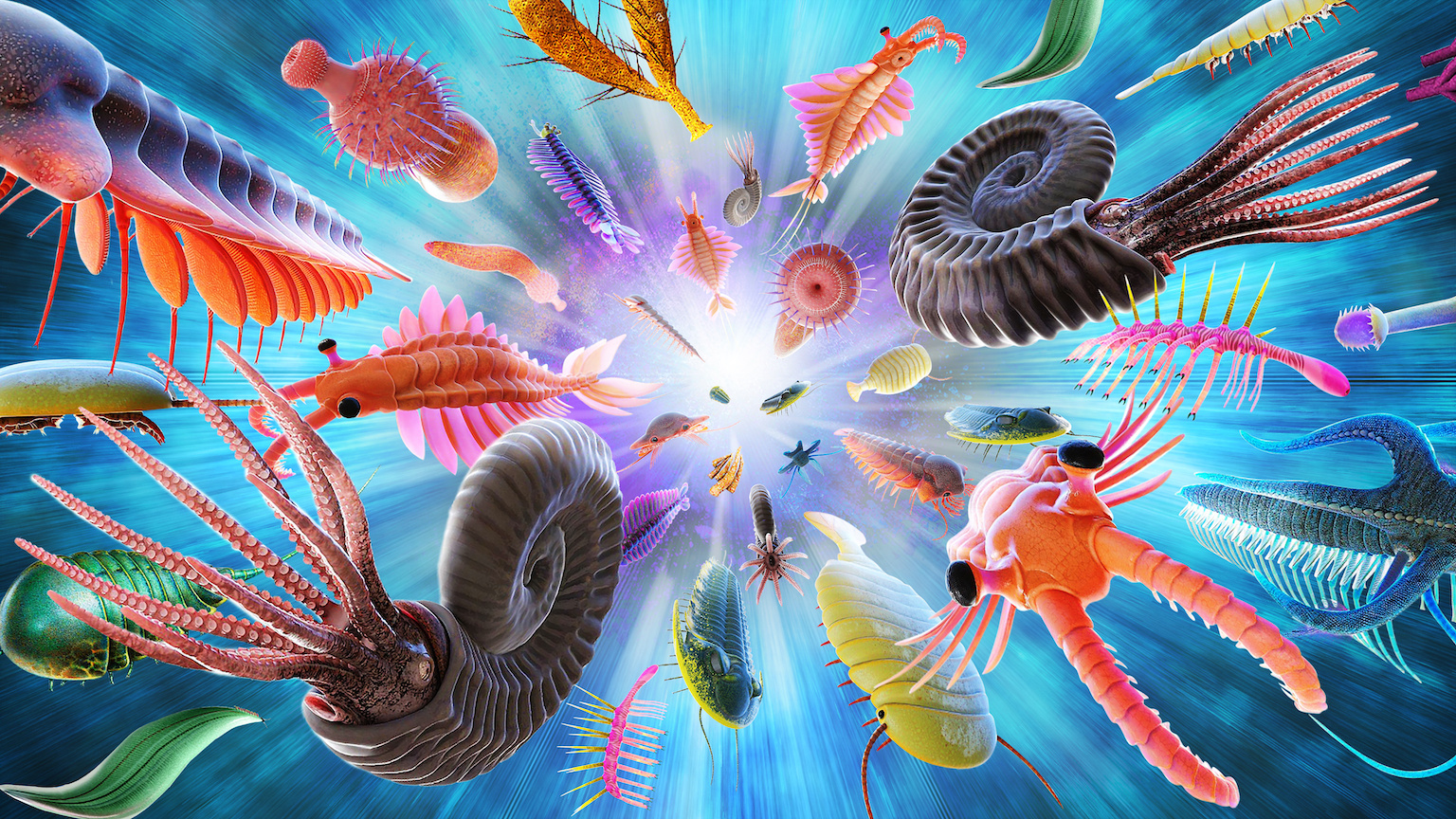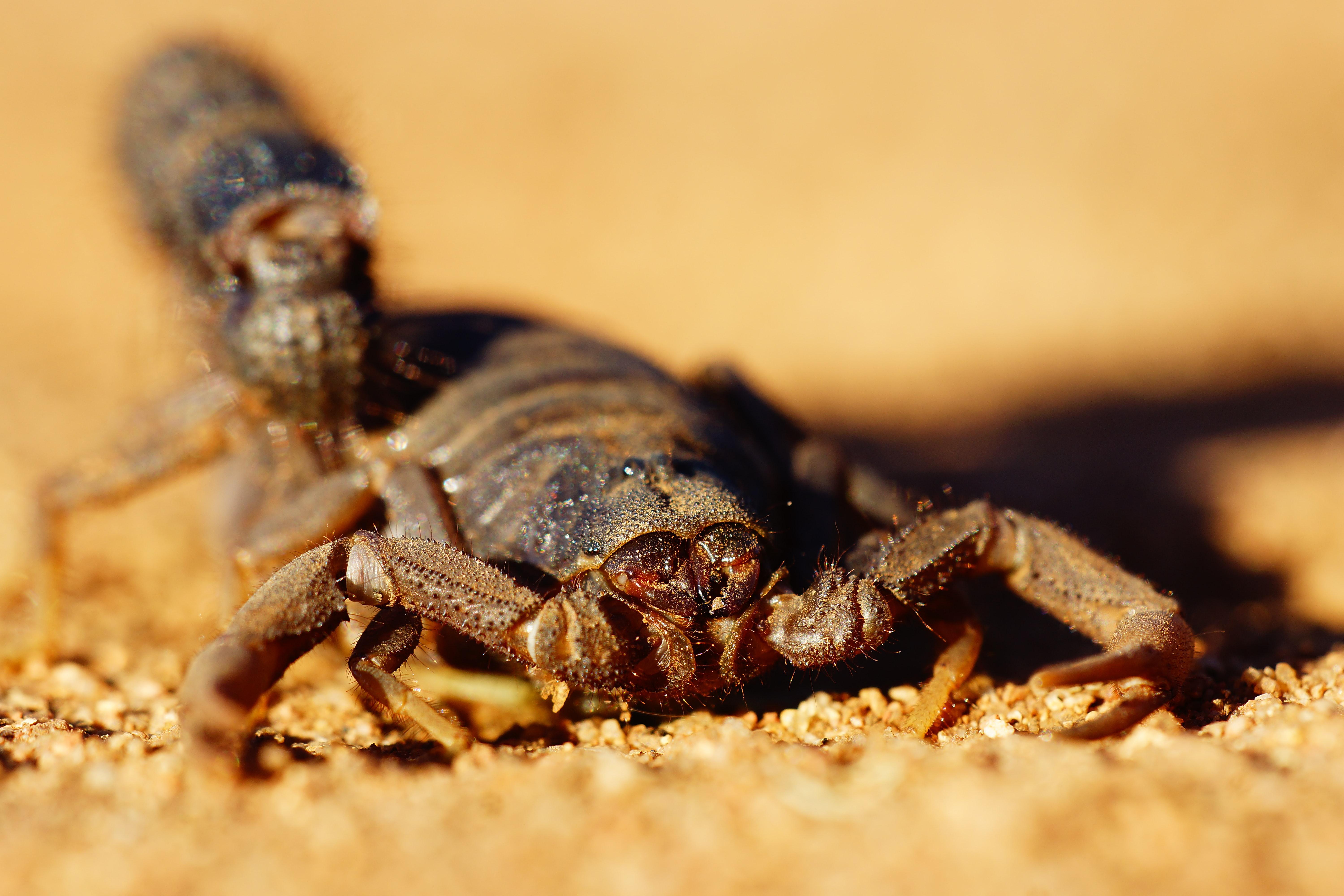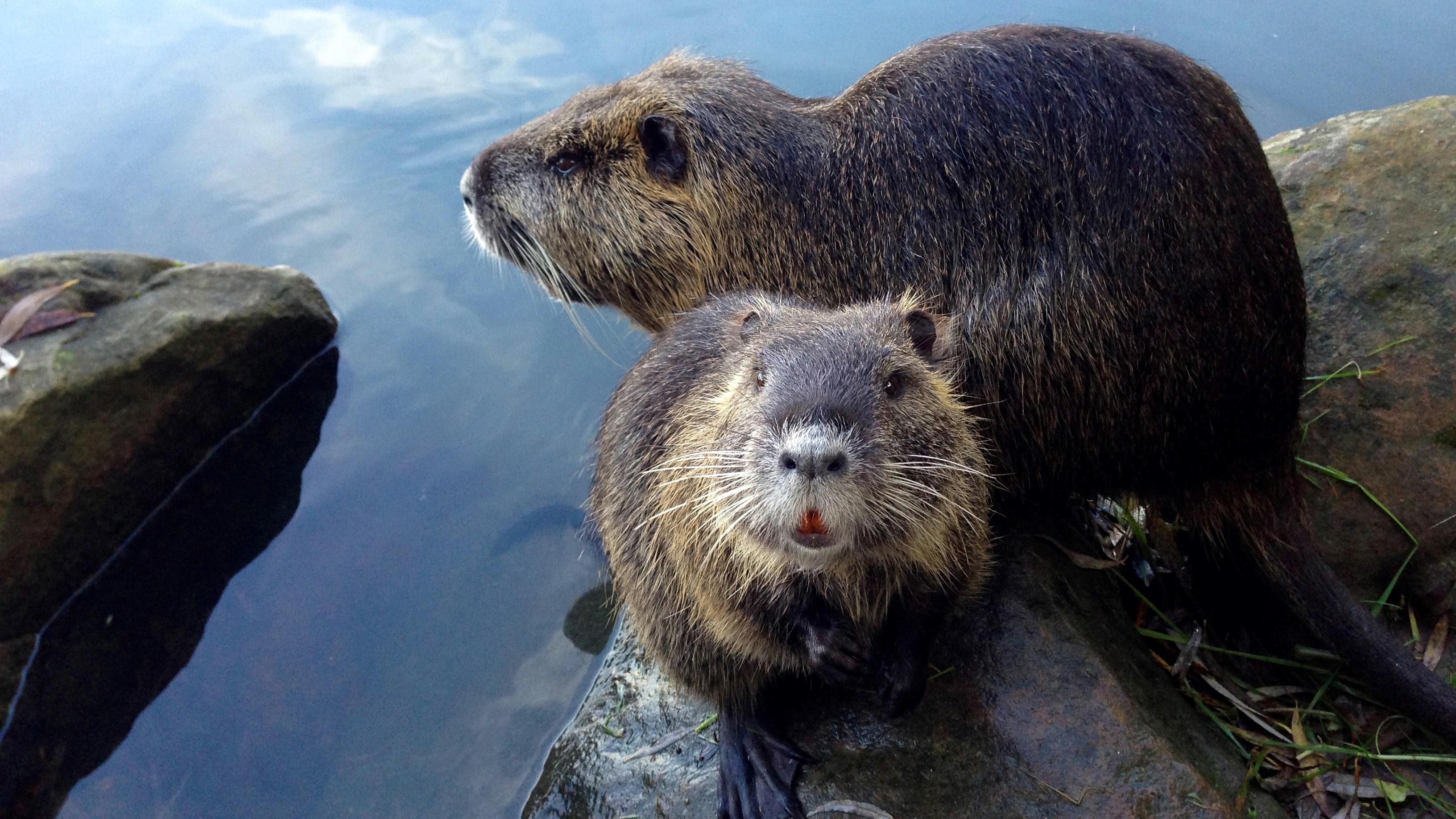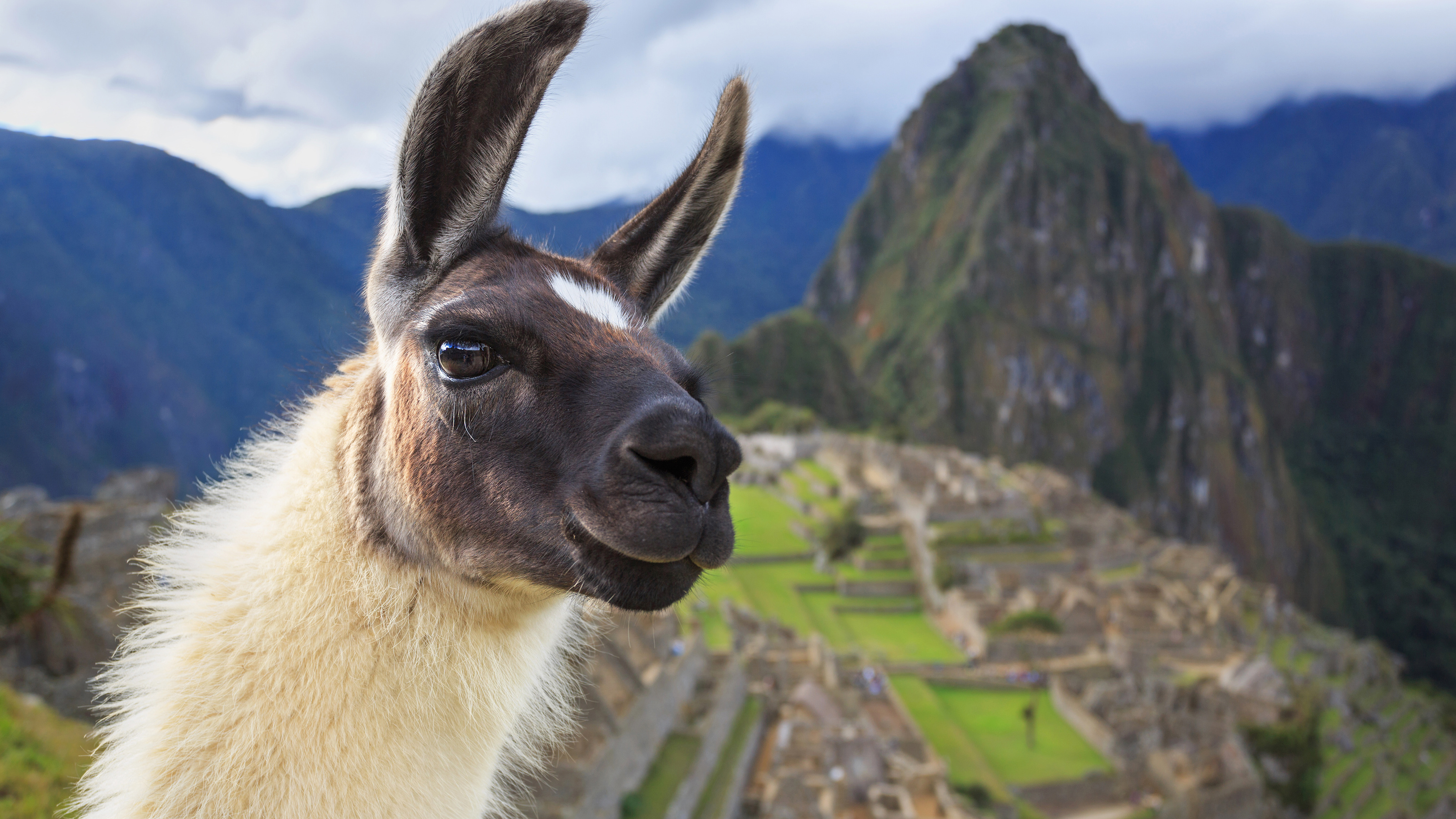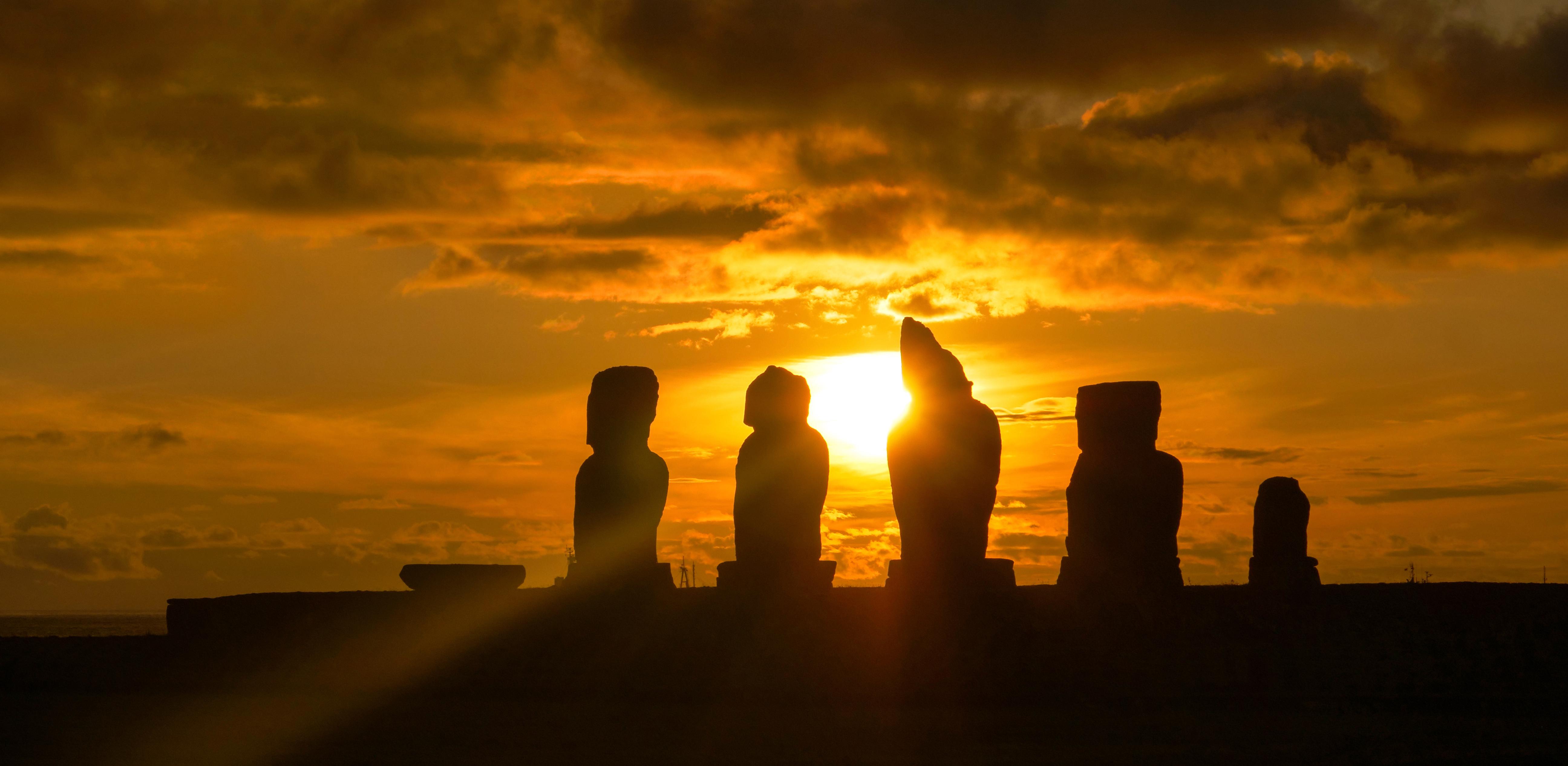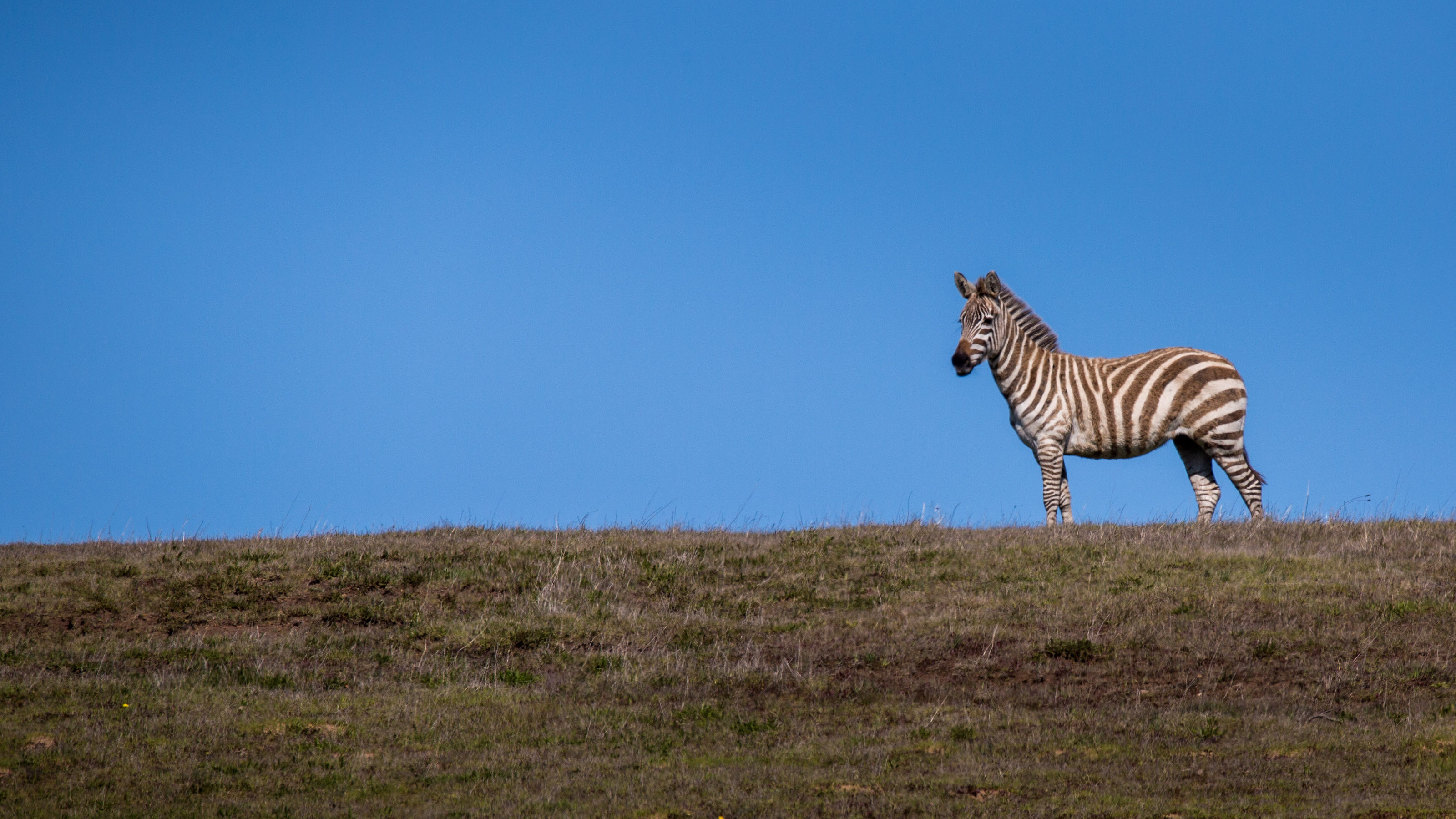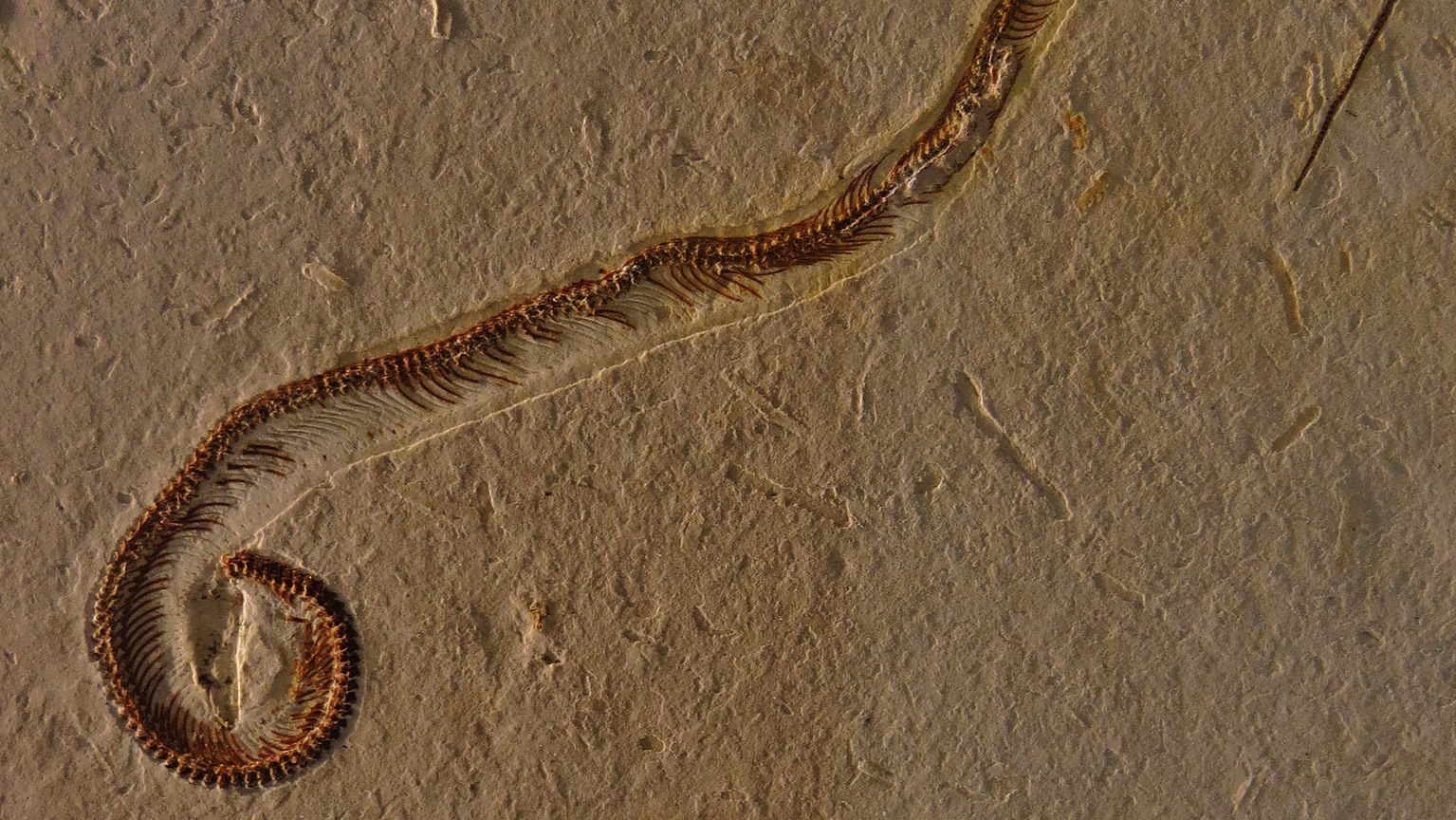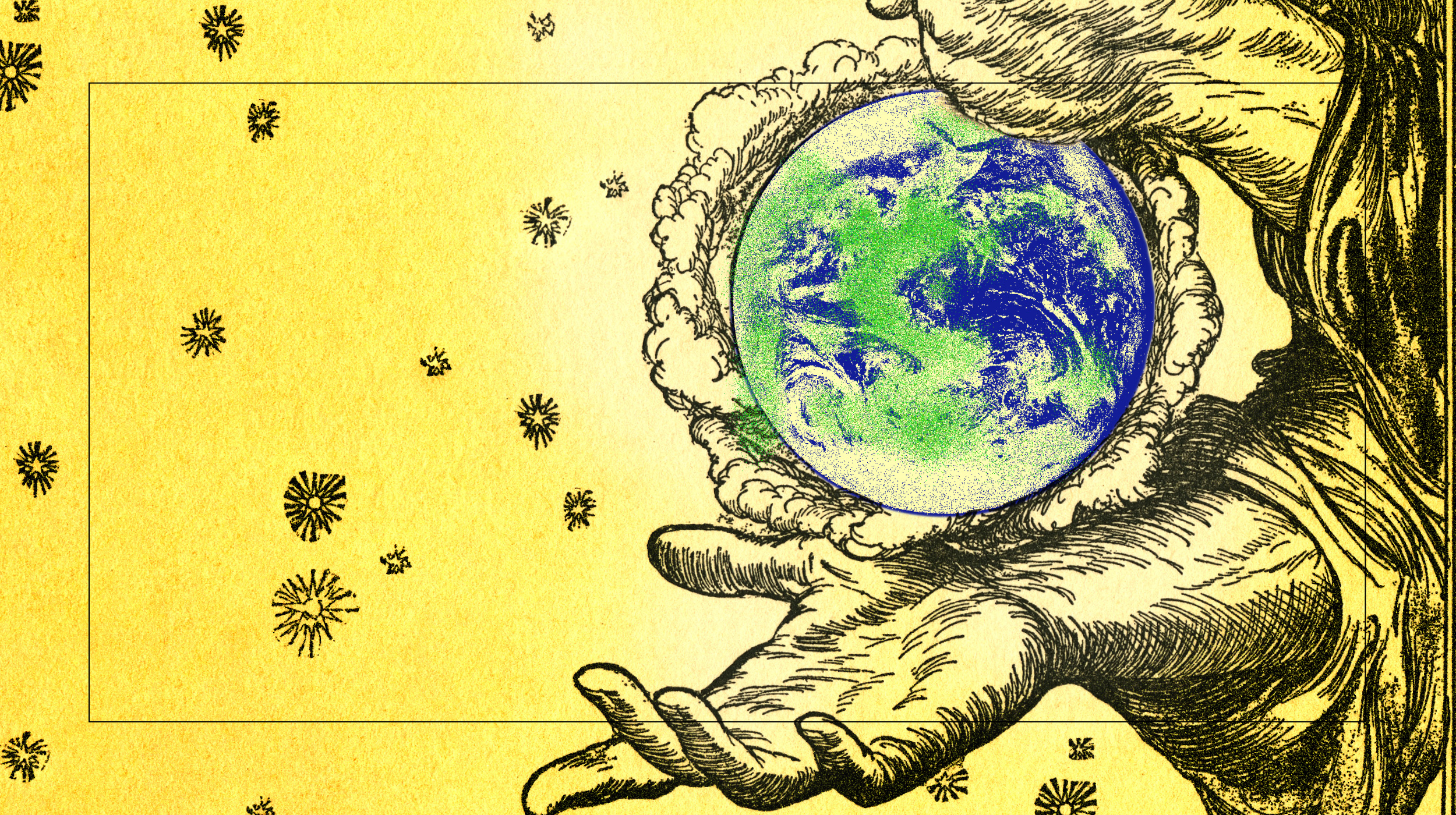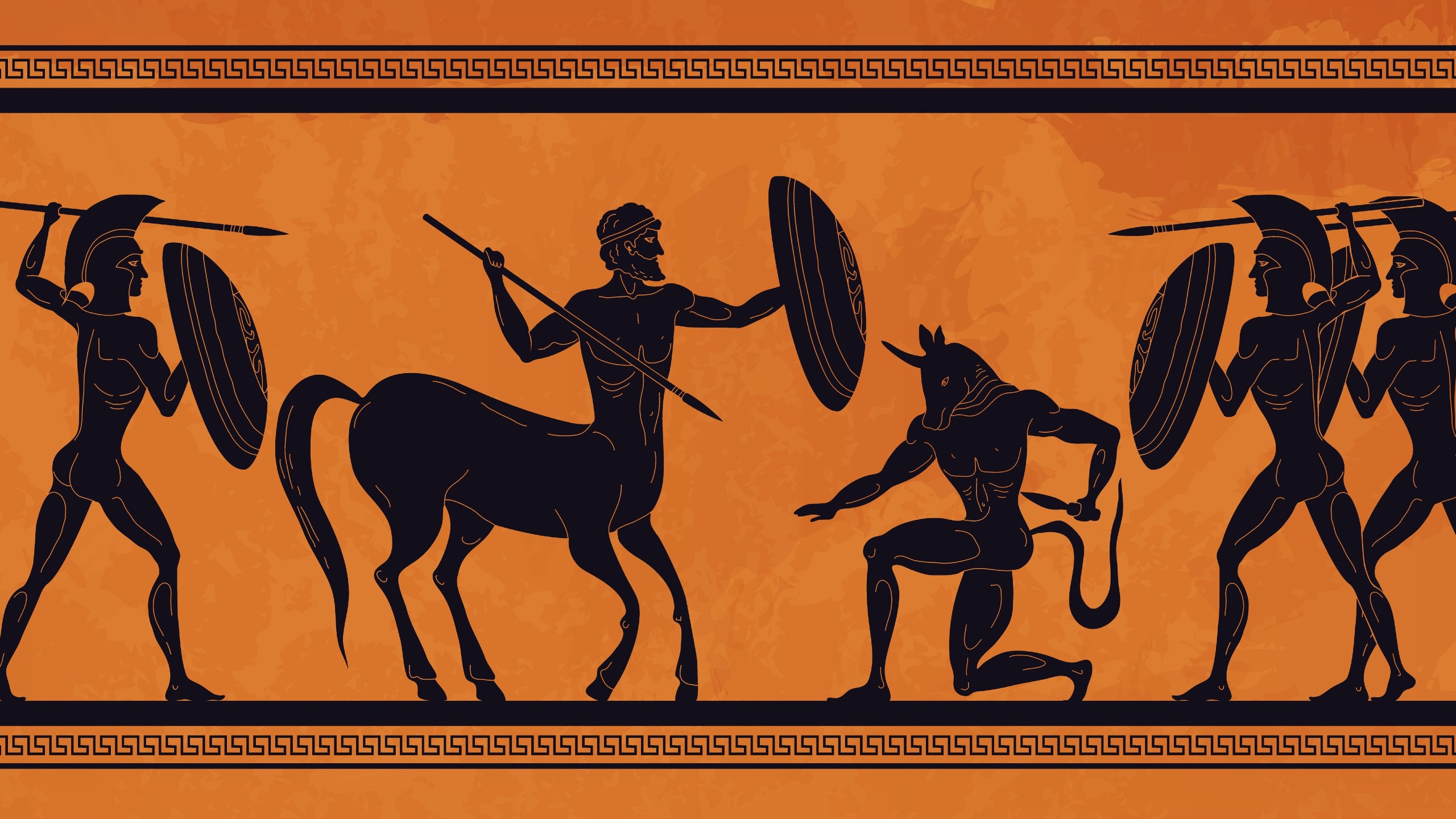Scientists across a range of disciplines have helped solve Darwin’s dilemma.
Search Results
You searched for: Ecology
These animals to grow scalpel-sharp and precisely shaped tools that are resistant to breaking.
Researchers estimate there may be as many as ten million trillion trillion phages on Earth — that’s 10 with 30 zeros after it.
Synthetic biology has the power to cure and kill. Have we learned from our past mistakes?
Just as human beings diversified so that people in Asia look different from people in Europe, so too did their microbiomes.
Letting nature’s expert engineers lead the way.
If tourism is the lifeblood of the Peruvian economy, then Machu Picchu is the heart pumping that blood — in sickness and in health.
In the spirit of the 1969 moon landing, we now have a golden opportunity to pursue “nondisruptive” creative solutions.
We got lucky with our evolutionary history.
From astrobiology to geology, a Moon base could serve as a laboratory unlike anything on Earth.
The site will be the first working example of a geological disposal facility.
Economic growth is more about quality than quantity.
There were at least eight other human species, some of whom existed for far longer than we have. Who were they?
Turning away is a natural response.
The story of dog domestication is one of converting the wild wolf into man’s nicer, smarter, best friend. It might be all wrong.
For decades, researchers have proposed that climate change and human-caused environmental destruction led to demographic collapse on Easter Island. That’s probably false, according to new research.
Researchers are finding signs of multiple phases of sleep all over the animal kingdom. The ‘active’ sleep phases look very much like REM.
We want to fight invasive species. But to wage a war, you have to know who your enemy is.
The zebras were originally part of a newspaper tycoon’s private zoo. Now they roam the San Simeon grasslands, growing in numbers.
Inside the “out there” quest for a drug that would help doctors save lives before it’s too late.
A new method of extracting rare-earth elements could put us on the track toward a circular economy.
Missing link? More like the weakest link.
It’s not about leaves in tall trees.
The crisis of the Anthropocene challenges our traditional narratives and myths about humanity’s place in the world. Citizen science can help.
Our social instincts can lead us to adopt models of desire that might not serve our interests.
A new study suggests that reports of the impending infertility of the human male are greatly exaggerated.
Scientists do not know what is causing the overabundance of the gas.
A black swan event is rare but disruptive — and might be predictable.
Using data collected from ancient civilizations across the world, researchers identified the most significant factors in human development. War came out on top.
